Rouhani made the announcement during a meeting with officials from the Ministry of Energy and the Ministry of Interior, where he emphasized the gravity of the situation and the need for immediate action. "We are facing a very difficult situation, and we must take all necessary measures to ensure the safety and well-being of our citizens," he said. When asked about the possibility of evacuating the city, Rouhani replied, "We are not ruling out any options, but we will do everything in our power to avoid such a drastic measure."
The drought in Iran has been ongoing for several years, with some areas experiencing their worst conditions in decades. The government has implemented various measures to address the crisis, including the construction of new water infrastructure and the implementation of water-saving policies. However, these efforts have been hindered by a lack of funding and inadequate planning.
Experts attribute the drought to a combination of factors, including climate change, government mismanagement, and the country's aging infrastructure. "The drought in Iran is a complex issue that requires a comprehensive solution," said Dr. Ali Rezaei, a water expert at the University of Tehran. "We need to address the root causes of the problem, including climate change and infrastructure issues, and work towards a long-term solution."
The Iranian government has been criticized for its handling of the drought crisis, with some accusing it of being slow to respond and ineffective in addressing the issue. However, others argue that the government has made significant efforts to address the crisis and deserves credit for its actions. "The government has taken some positive steps to address the drought, including the construction of new water infrastructure and the implementation of water-saving policies," said Dr. Rezaei. "However, more needs to be done to address the root causes of the problem."
The current status of the drought crisis is dire, with water levels in the city's reservoirs at critically low levels. The government has announced plans to implement stricter water-saving measures, including the closure of non-essential water services and the implementation of a water rationing system. However, the effectiveness of these measures remains to be seen, and the situation is likely to continue to deteriorate unless significant action is taken to address the root causes of the problem.
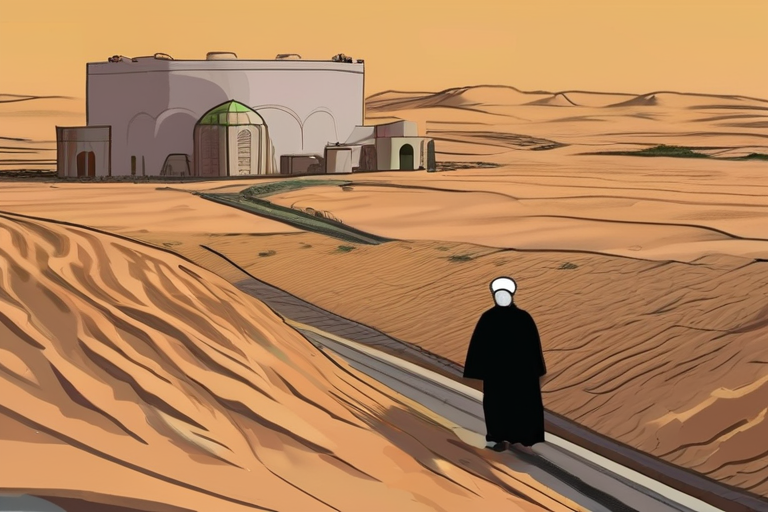


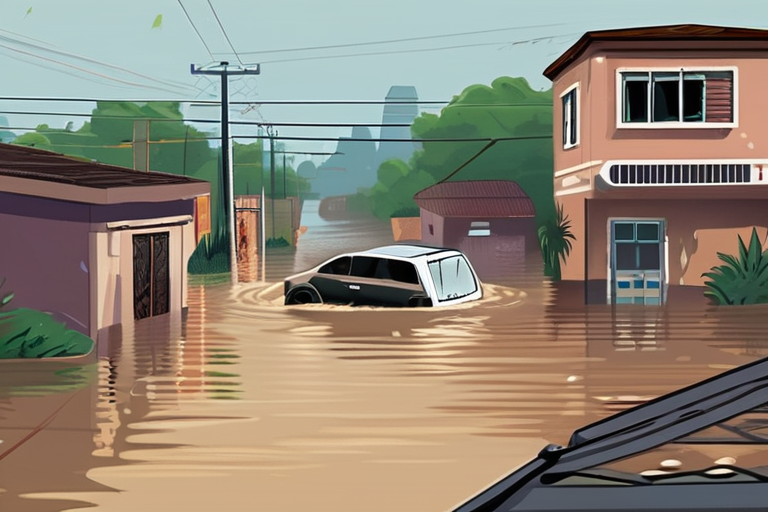
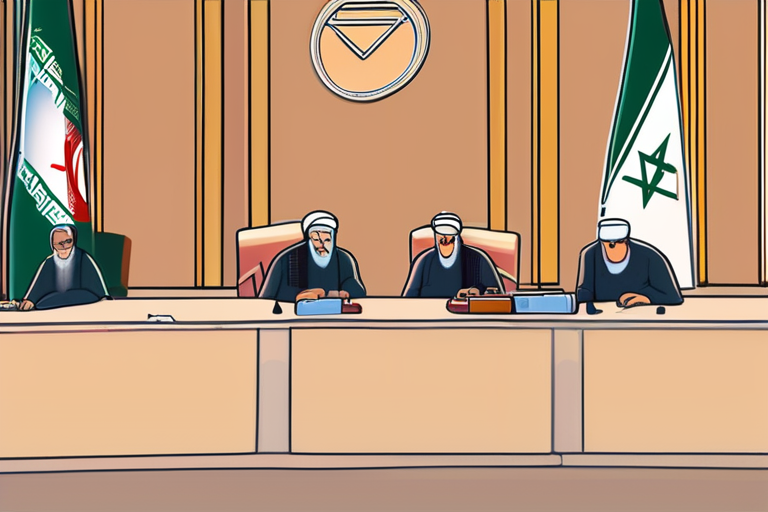
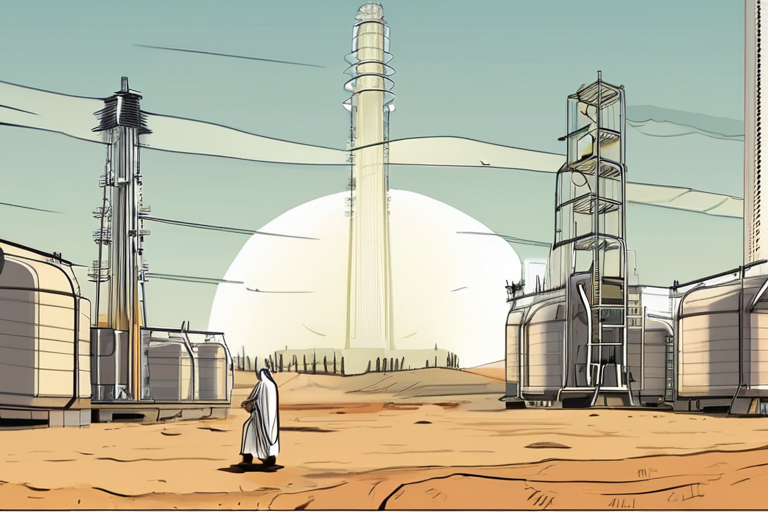
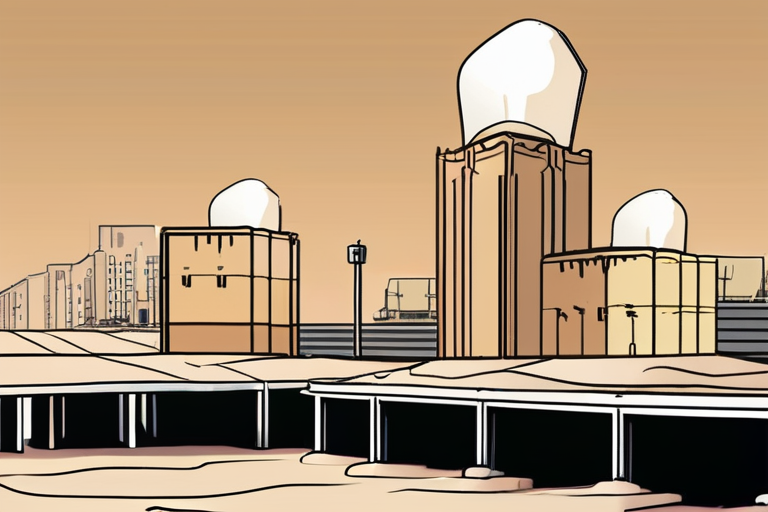
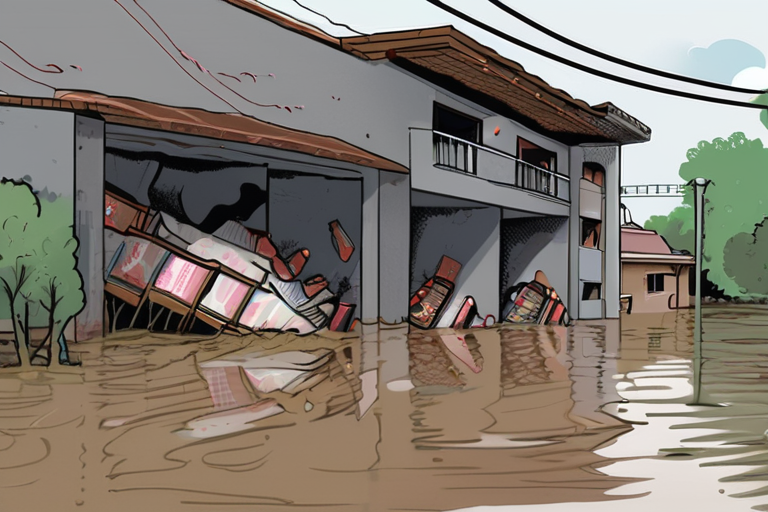



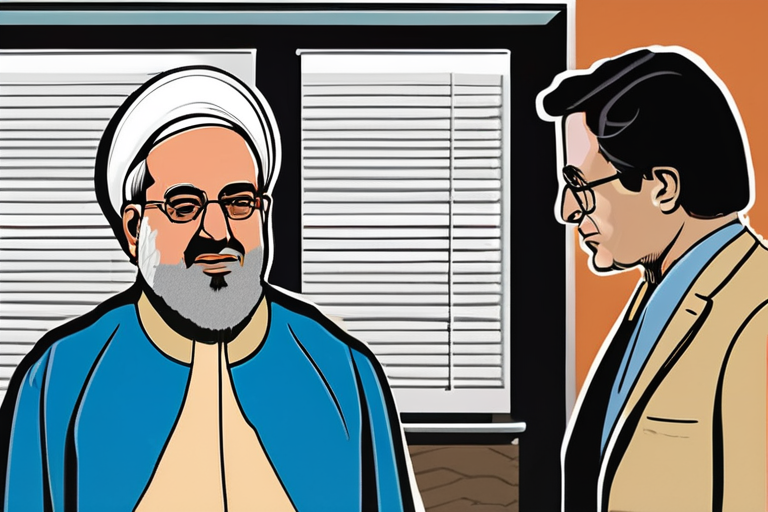
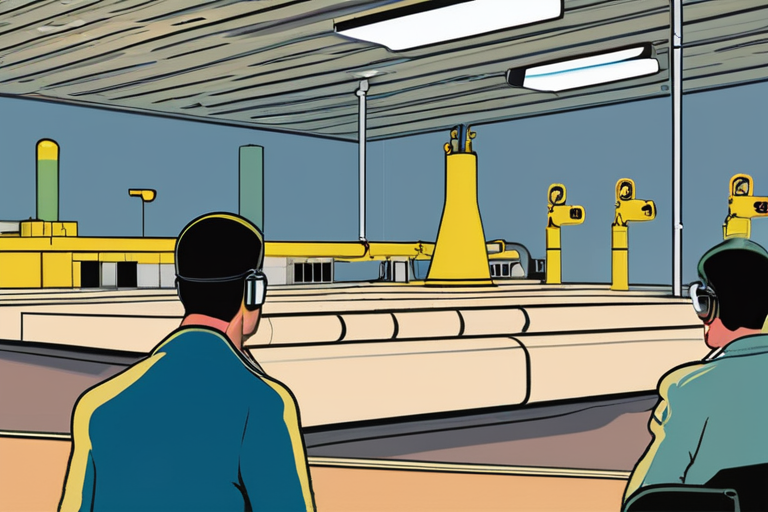
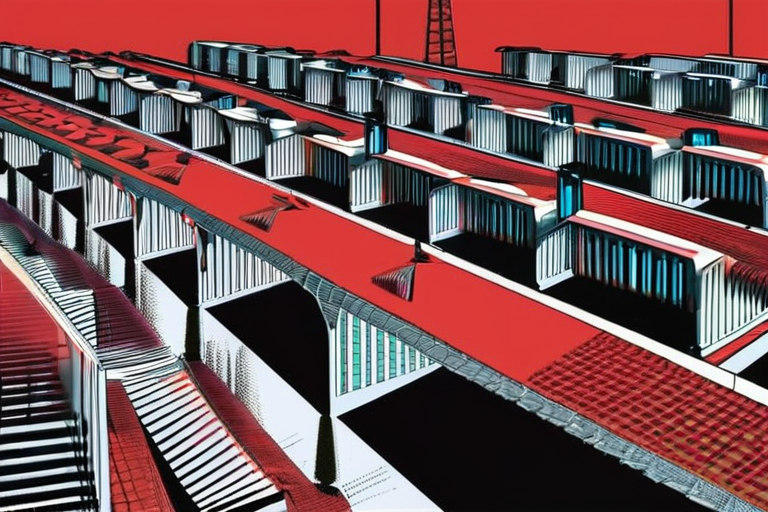
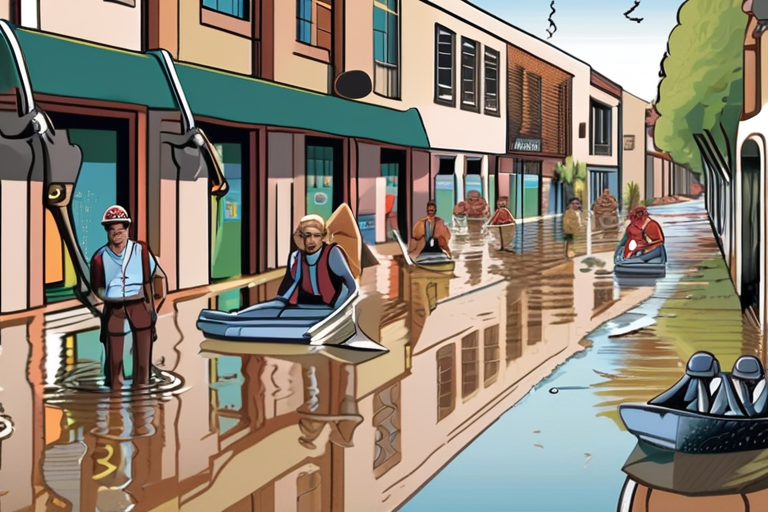
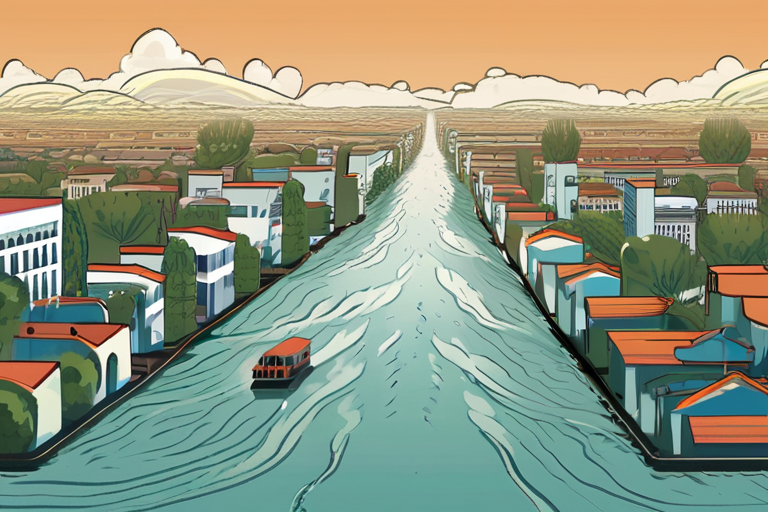
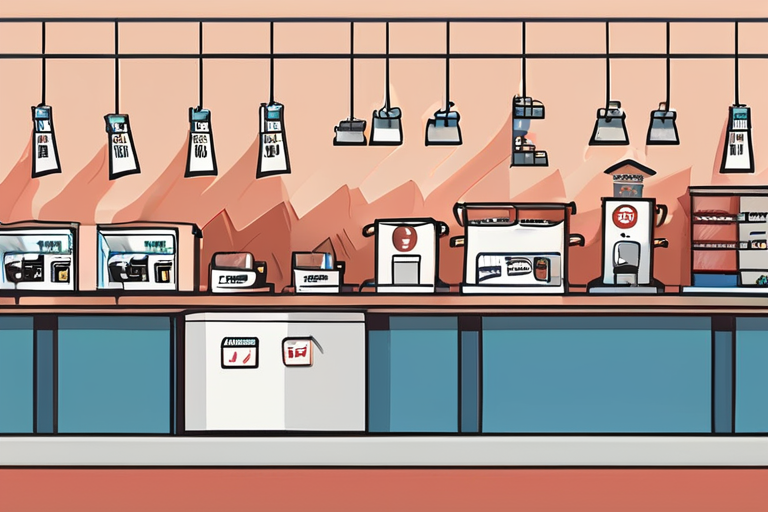
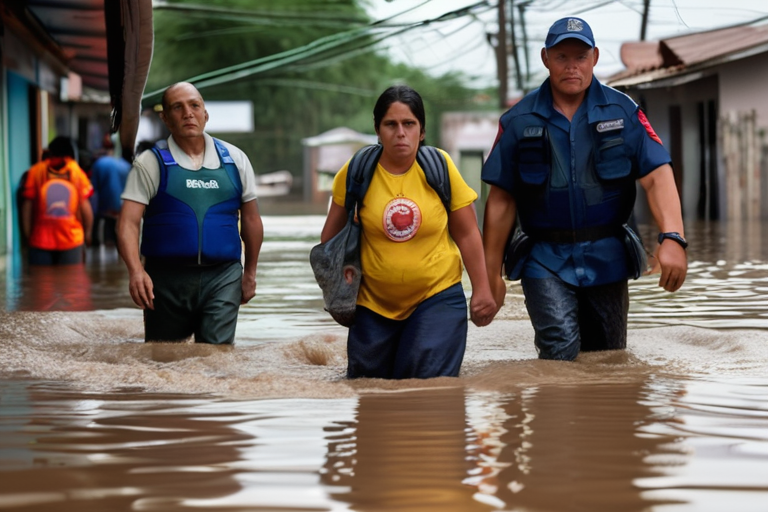
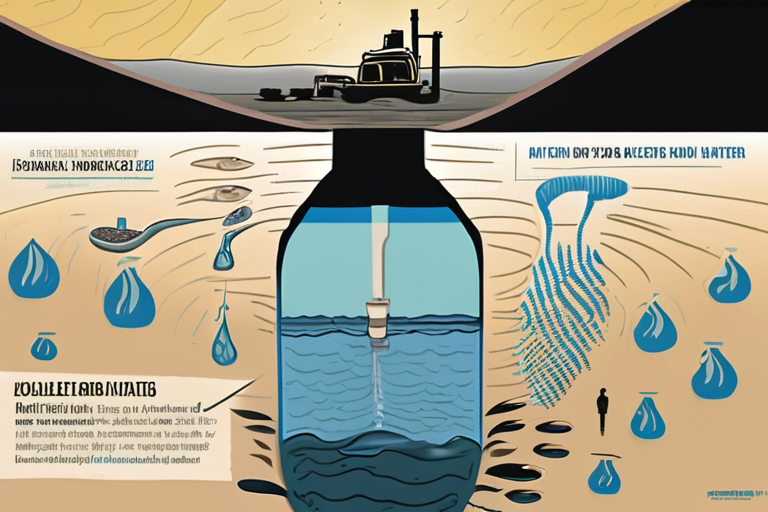
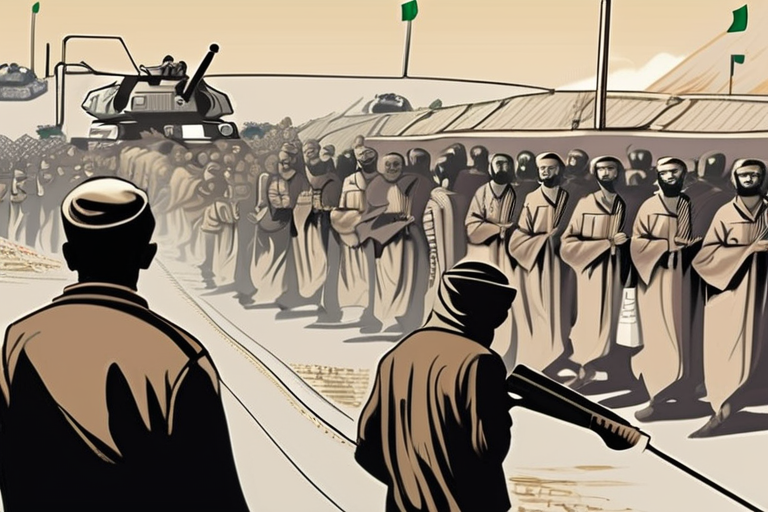
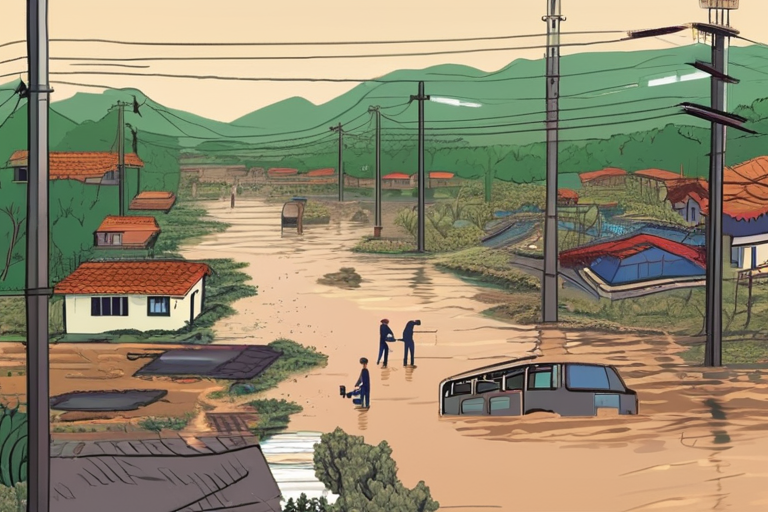
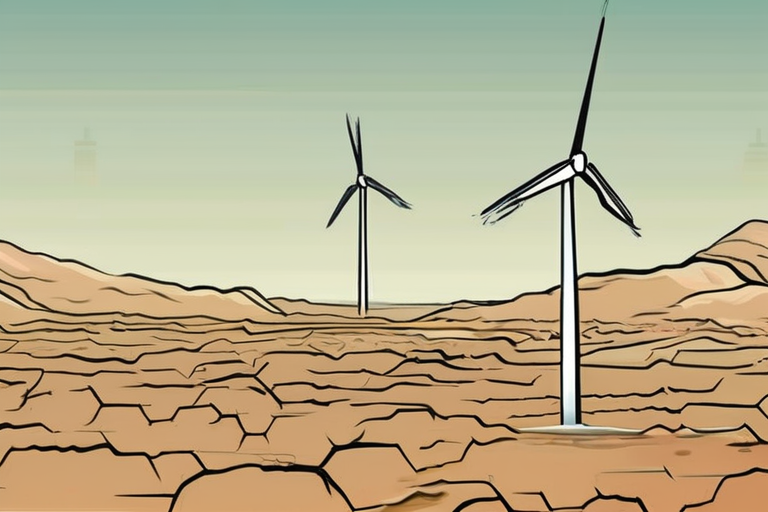



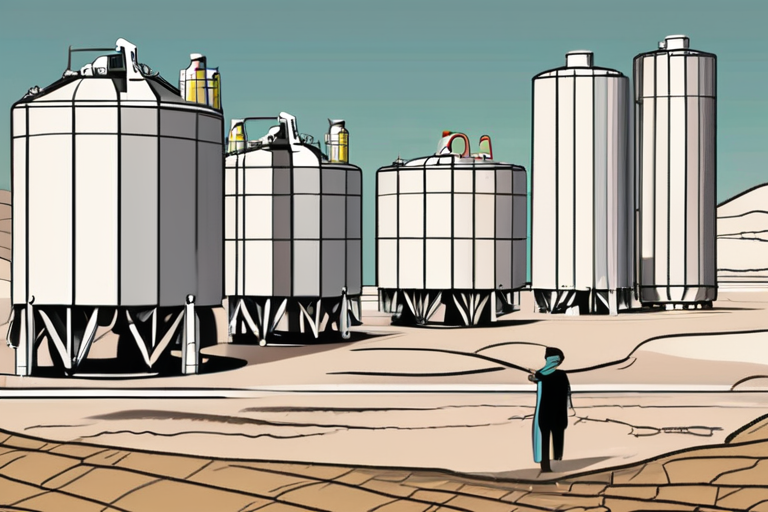
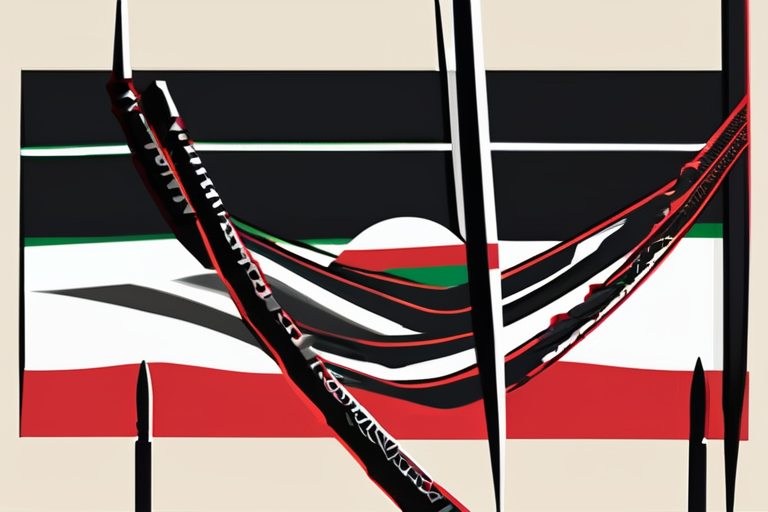
Share & Engage Share
Share this article